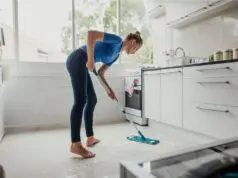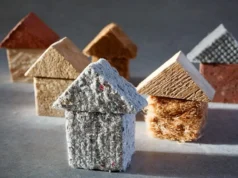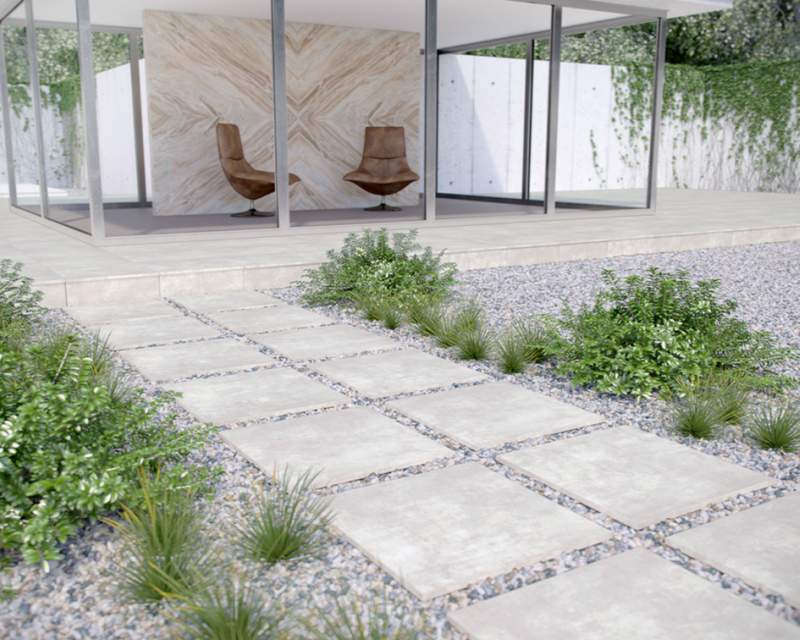
Porcelain pavers are one of the most popular flooring options for interior and exterior use. They come in a variety of colors, patterns, and sizes, making them perfect for almost any décor. However, like all flooring, porcelain pavers can last a finite amount of time. Here’s how long they typically last and some tips on how to care for them.
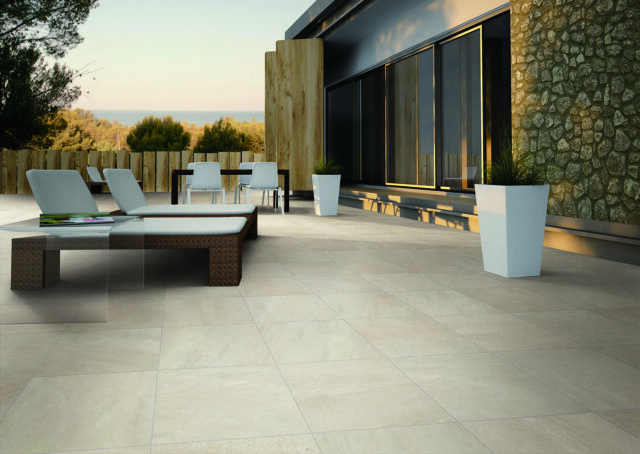
Types of Porcelain Pavers
There are many types of porcelain tiles and you can look them up on stiled.com. They are usually made of ceramic, but they can also be made from other materials such as stone, marble, or plastic.
These tiles come in a variety of colors and designs, and they can be used to create a variety of surfaces such as floors, walls, countertops, and backsplashes. They are easy to clean and maintain, and they provide a smooth finish that is resistant to wear and tear.
Some of the most popular types of porcelain pavers include:
– Ceramic tile: This is the most common type, and it comes in a variety of colors and designs. Ceramic tile is easy to install, and it provides a smooth surface that is resistant to scratches.
– Porcelain subway tiles: Subway tiles are similar to ceramic tiles in terms of their design and color options, but they have a more unique look because their ridges run perpendicular to the direction of the grain. This makes subway tiles look more like wood than traditional ceramic tiles.
– Glass tiling: This type of tile is made from glass and ceramic, and it is often used to create floors or walls. Glass tiles are durable and easy to clean, but they can be difficult to install.
– Travertine tile: Travertine tiles are similar to glass tiles in terms of their design and color options, but they are made from a different type of stone. Travertine tiles are often used to create floors or walls because they are strong and resistant to scratches.
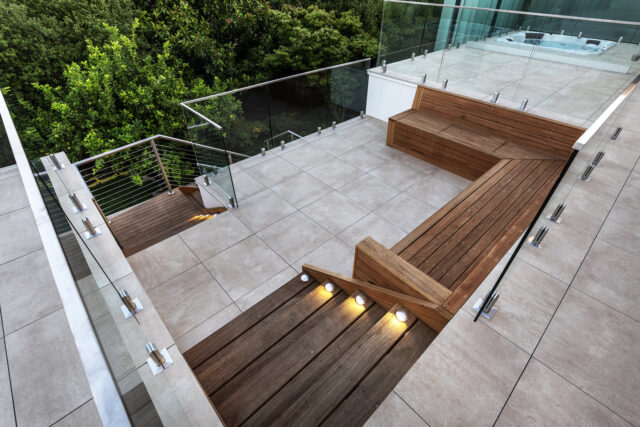
Selection Criteria for Porcelain Pavers
When selecting porcelain pavers for a project, there are a few key factors to consider. First, the type of flooring the pavers will be installed on must be considered. For instance, if the pavers will be installed on a hardwood floor, the pavers must be of a hardwood-like quality. Conversely, if the flooring is carpeted and the pavers will be installed over it, then a less expensive type of material may be suitable.
Next, the size and shape of the pavers must be considered. Some kinds are available in various shapes and sizes such as rectangles or circles. It is important to choose the right size and shape for the area being paved so that there is enough space for movement and wheelchair accessibility.
Finally, it is important to consider what type of finish will be applied to the porcelain. Some finishes available are matte or glossy. Glossy finishes can be more durable but can also become slippery when wet. Matte finishes are less durable but less slippery when wet.
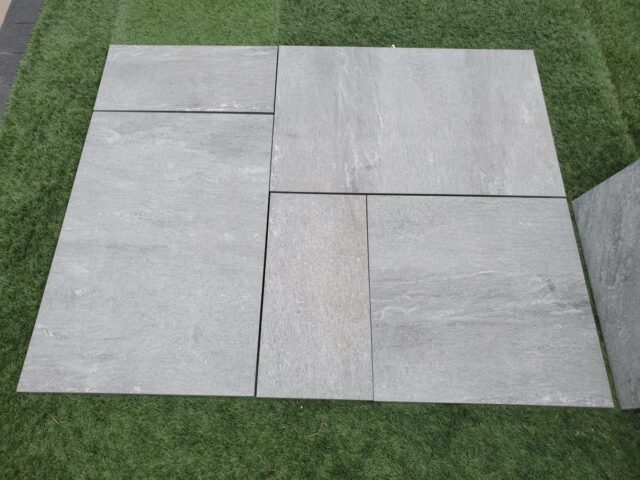
They have a lifespan of around 20 years
Porcelain pavers are a popular option for renovations and home improvement projects. However, their lifespan is limited and they can begin to show signs of wear and tear after around 20 years.
Porcelain pavers are made from a type of clay that is very hard and brittle. This means that it can break if it is subjected to excessive pressure or force. Additionally, porcelain pavers are susceptible to water damage.
If you are planning on using them in a renovation or home improvement project, it is important to take into account their lifespan and the effects that water damage can have. You should also make sure to seal the pavers properly so that moisture cannot get inside them.
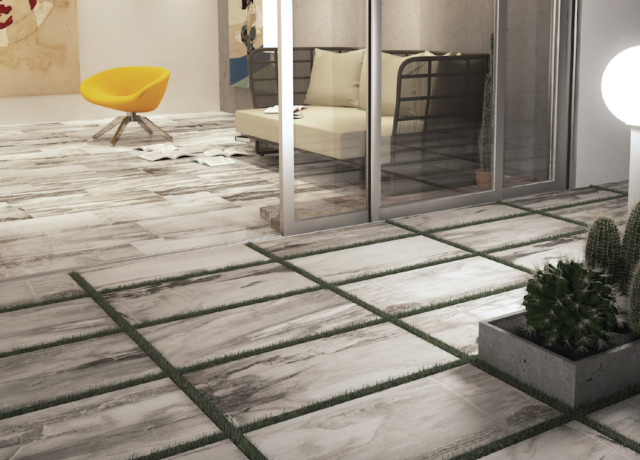
There are a few things that can cause them to wear down over time
-Heavy traffic: If there is a lot of traffic on the pavers, they can start to wear down more quickly because the surfaces are constantly being rubbed against each other.
-Wet conditions: If the pavers get wet, they can start to wear down faster because the surface is no longer able to resist friction.
-Weather conditions: Extreme weather conditions can also cause the pavers to wear down more quickly. For example, they can get moist and crack under low temperatures if there is a lot of snow or mud.
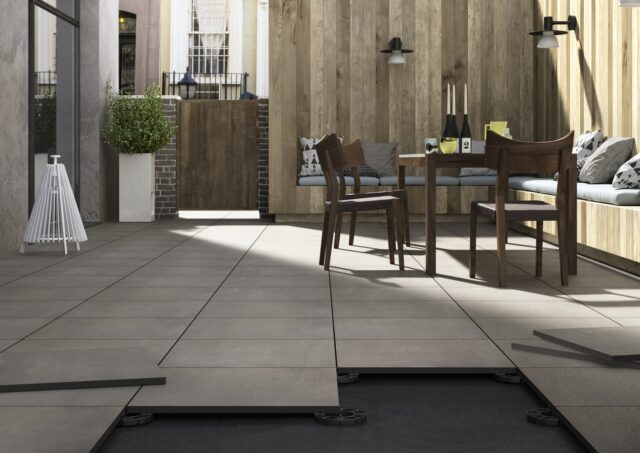
How to care for porcelain pavers
They are a beautiful addition to any home and can last for many years if taken care of properly. Here are some tips on how to care for porcelain pavers:
-Wipe them down every time you clean your house to remove dust, wax, or debris.
-If water spills on porcelain pavers, use a damp cloth to clean it up right away. Never put water on the pavers and allow it to sit. This will cause the paint to peel off.
-If you see any cracks in the tile, do not hesitate to have them fixed by a professional. Cracks can lead to chipping and peeling paint.
-Use a sealant. It helps protect your porcelain tiles from moisture and damage that can lead to cracking and chipping. Apply a layer of sealant before installation and every few months thereafter to maintain its protection.
-Avoid high-traffic areas – Areas where lots of foot traffic (e.g., entrances) is common are more likely to suffer from wear and tear than areas with low traffic levels (e.g., the living room). Consider placing your porcelain tiles in areas that receive less foot traffic in order to prolong their lifespan.

Conclusion
Porcelain pavers can last for many years in a well-maintained environment, but they are not indestructible. If they start to show signs of wear or tear, such as chipping or cracking, you should consider replacing them. They will also fade over time if they are exposed to direct sunlight or high temperatures. In order to keep your porcelain pavers looking their best for years to come, be sure to follow the tips in this article and keep them clean and dry.

